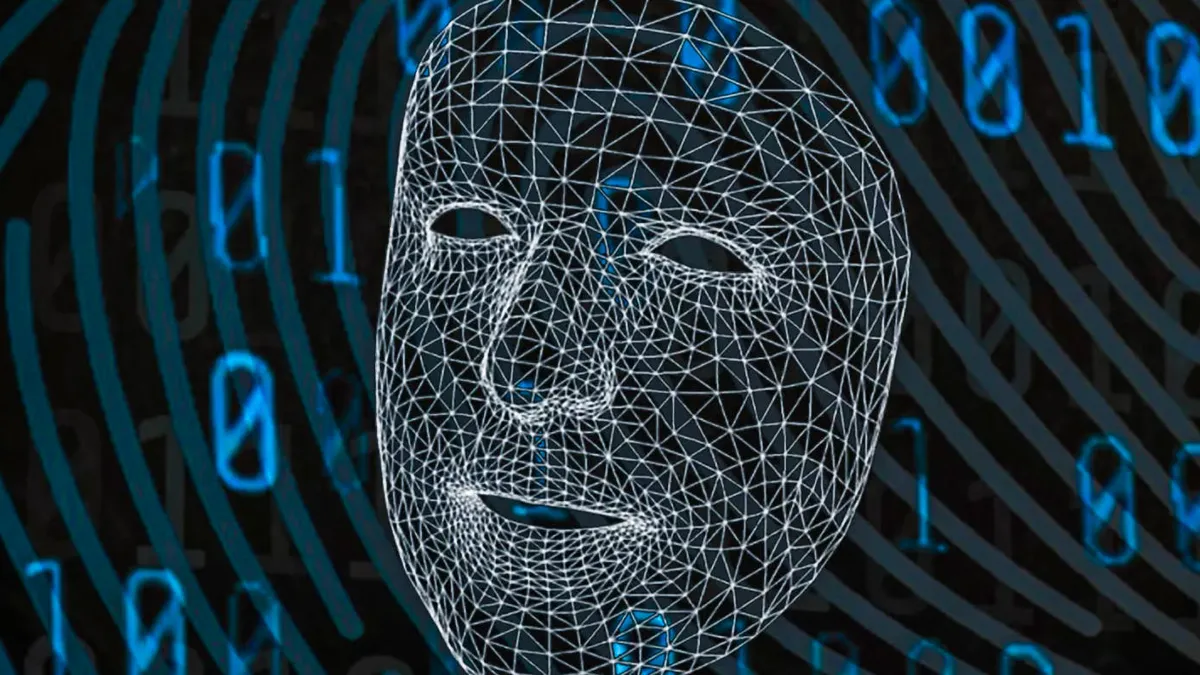In the age of rapid technological advancements, facial recognition technology has emerged as a powerful tool with numerous applications, from enhancing security to simplifying everyday tasks. However, recent events have shed light on the darker side of this innovation, as a major breach in a facial recognition company has sparked widespread privacy concerns.
The breach, which came to light in recent days, has sent shockwaves through the tech industry and beyond. Details are still emerging, but initial reports suggest that a significant amount of sensitive data, including facial images and biometric information, has been compromised. The implications of such a breach are staggering, raising serious questions about the security and ethical implications of facial recognition technology.
At the heart of the matter lies the issue of privacy. Facial recognition technology relies on capturing and analyzing individuals’ unique facial features, often without their explicit consent. This data is then used to identify and authenticate individuals, whether for access control, surveillance, or other purposes. However, the collection and storage of such sensitive information come with inherent risks, particularly when it falls into the wrong hands.
The recent breach serves as a stark reminder of these risks. The compromised data could potentially be exploited for nefarious purposes, including identity theft, surveillance, or even social engineering attacks. Moreover, the breach raises serious questions about the adequacy of security measures employed by facial recognition companies and the effectiveness of regulatory oversight in safeguarding user privacy.
In response to the breach, there has been a growing chorus of calls for greater transparency, accountability, and regulation in the facial recognition industry. Advocates argue that stricter safeguards are needed to protect individuals’ privacy rights and prevent abuses of facial recognition technology. This includes measures such as enhanced data encryption, robust access controls, and regular security audits to identify and mitigate vulnerabilities.
Furthermore, there is a pressing need for greater public awareness and engagement on the ethical implications of facial recognition technology. Users must be empowered to make informed choices about the use of their biometric data and understand the potential risks and benefits involved. Additionally, stakeholders, including policymakers, industry leaders, and civil society organizations, must work together to establish clear guidelines and standards for the responsible development and deployment of facial recognition technology.
As we navigate the complex landscape of facial recognition technology, it is imperative that we strike a balance between innovation and privacy protection. While the potential benefits of this technology are undeniable, they must not come at the expense of individual rights and freedoms. The recent breach serves as a wake-up call for the industry to redouble its efforts in safeguarding user privacy and restoring public trust in facial recognition technology. Only through concerted action and collaboration can we ensure that facial recognition technology fulfills its promise while respecting fundamental principles of privacy and security.
